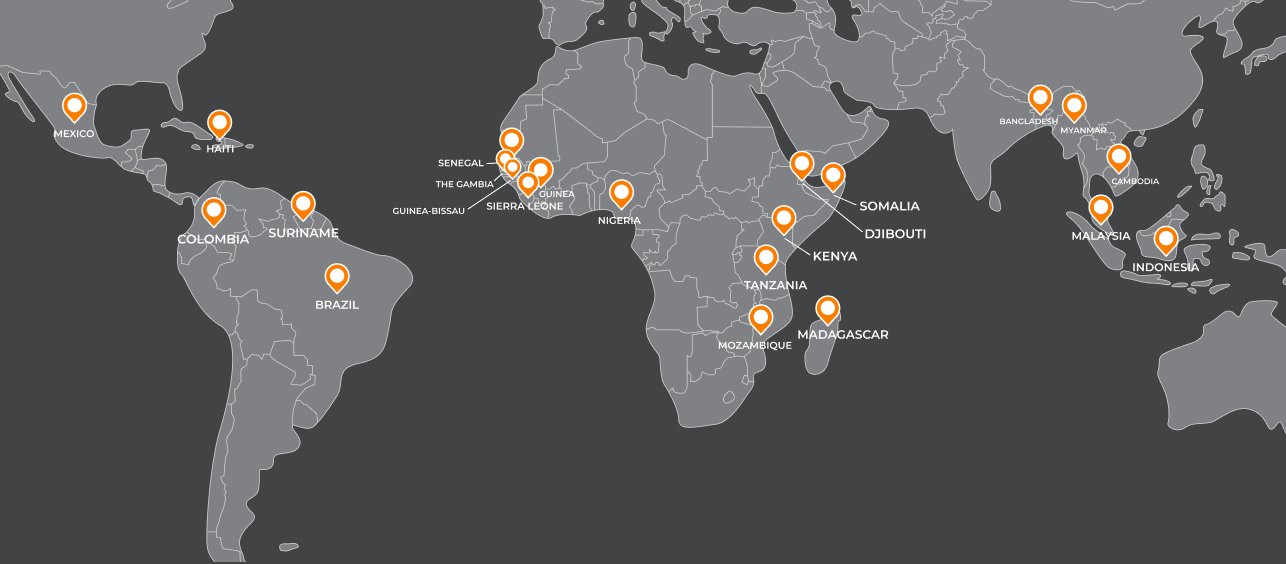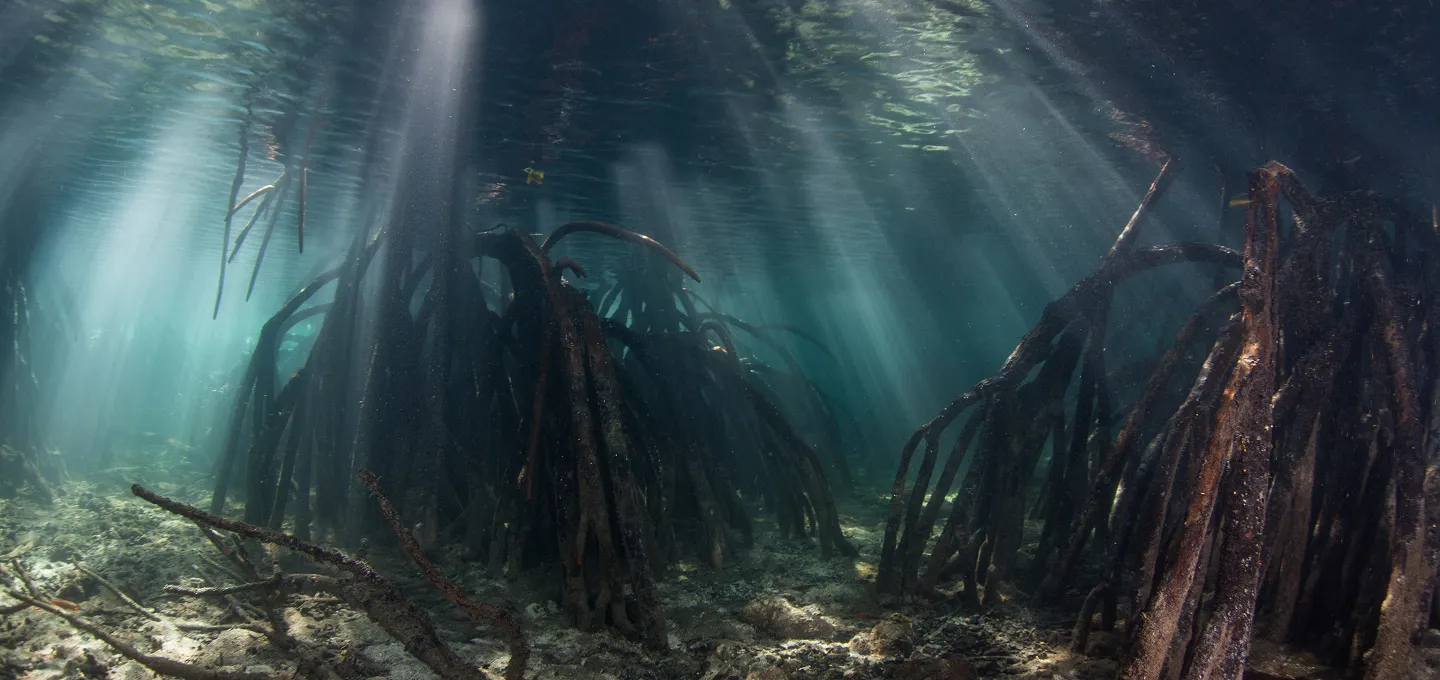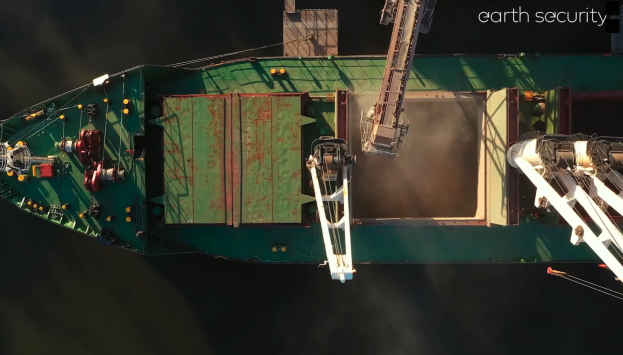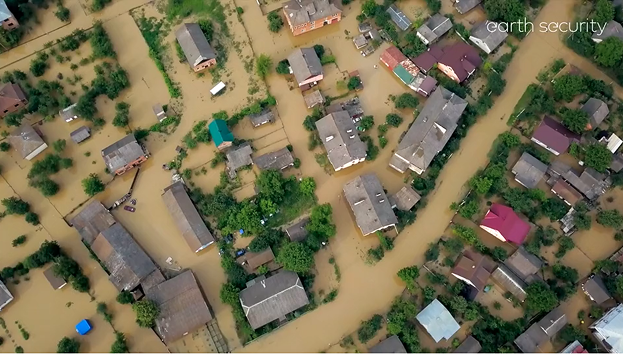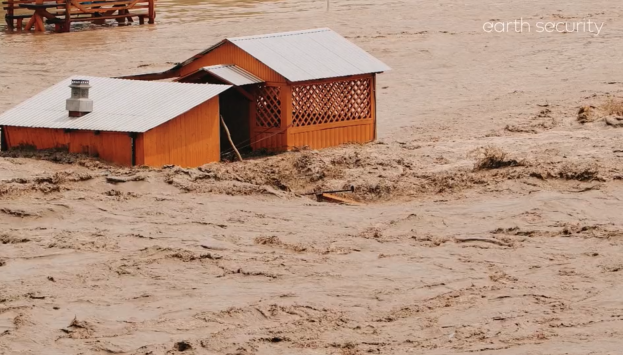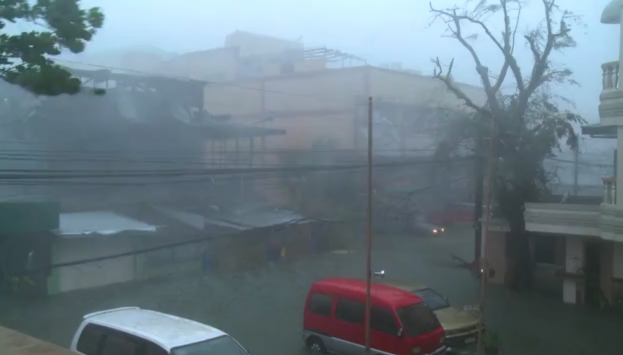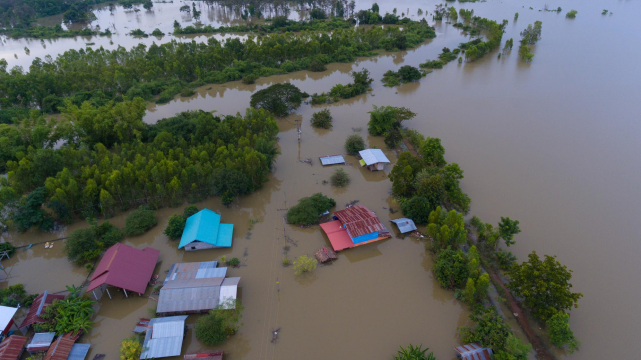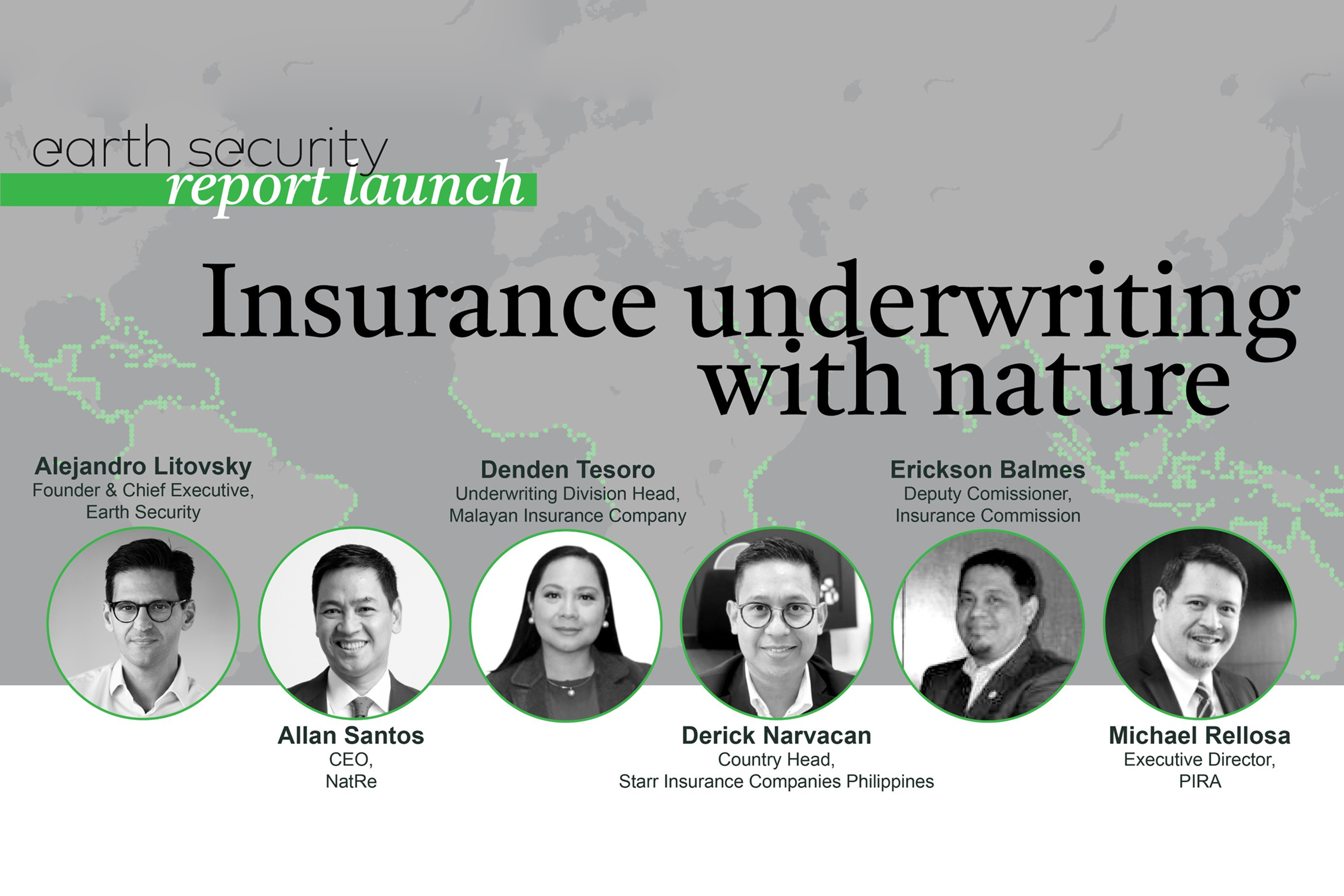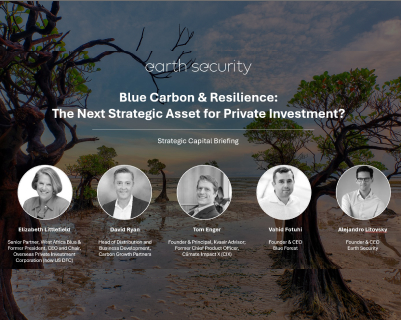March 23rd, 2015: The 2015 Earth Security Index was launched in Brazil this week, hosted at Cargill Brazil's headquarters in São Paulo. The event brought together opinion leaders that are shaping the corporate sustainability agenda in Brazil; Cargill's clients like Unilever, Nestle, JBL and others), industry associations, NGOs and business media including Valor Economico and Wall Street Journal. The media coverage in the printed version of Valor Economico, Brazil's most important business newspaper, can be seen here.
"The Earth Security Index is shining a new light on more integrated solutions for the future. This is a very innovative tool that helps companies consider global resource inter-dependencies and future risks, and make better decisions to invest in sustainability.”
Valeria Militelli, Head of Corporate Affairs, Cargill Brazil

Participants represented some of the key players that can shape the future potential for Brazil to become the world's leading provider of food, fibres and ecosystem services. However, for Brazil to fulfil this potential, participants argued, it must address the converging pressures shown in the Brazil profile of the Earth Security Index and some of the future scenarios discussed, where water scarcity, climate change, and deforestation are likely to become more intertwined and escalate headline sustainability risks for the government and resource-intensive sectors.
The soybean blueprint in the 2015 report was used to frame a discussion of how future trends and the combination of global and regional inter-dependencies (food security in China and China's shifting global strategy; the transboundary expansion of production in South America, and resource pressures) will present challenges and opportunities for the sector.
Nowhere are the signs of sustainability pressures showing more clearly then in the most populous city in Brazil and the Americas, São Paulo. The acute water crises affecting the city have put issues of resource-related risks and sustainability centrally in society's agenda as well as shaping business scenarios.
"We are living the future in Brazil with water and electricity shortages - but this is a real opportunity to improve our communication with key stakeholders, and the private sector has a responsibility to do that.”
Corporate Participant
The discussion and the interest of the companies present focused on both the understanding of areas of potential growth in Brazil as well as the priorities for companies anticipating the escalation of sustainability risks. China's demand for agricultural commodities and logistical/infrastructure bottlenecks in Brazil are driving the production of soybean across borders to Paraguay and Argentina where the risks of deforestation are higher. As one of the world's largest buyers and processors of soybeans, Cargill's recent UN pledge to end deforestation across its supply chains has positioned the company at the forefront of sustainability among its competitors.
The 2015 Earth Security Index argues that in order to fulfil these visions and remain competitive, companies making such commitments will have to rethink their role in improving forest governance on a cross-border scale and focus on deploying corporate assets and monitoring tools to this end.
Explore the reports
The Earth Security Index Reports provided in-depth analysis of critical themes across selected industries and market geographies, enabling investors to anticipate and respond to emerging global dynamics. Download and explore the full Earth Security Index reports:






